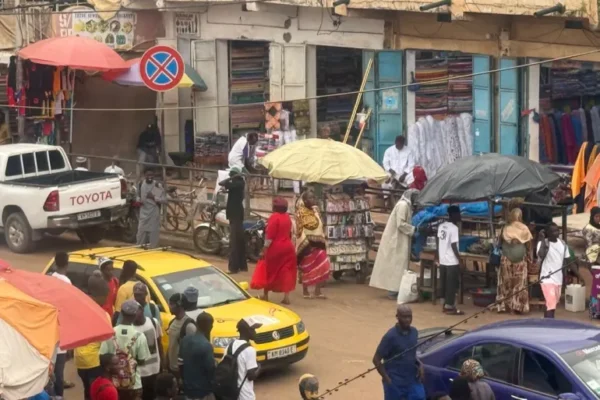
Cut in Secret: Fears Grow in Gambia as Infants Targeted Despite FGM Ban
Banjul, The Gambia – A recent case of a newborn baby’s death from female genital mutilation (FGM) has reignited fears among anti-FGM activists in The Gambia, where the practice has remained widespread despite a legal ban in place since 2015. The one-month-old girl, who was rushed to Bundung Maternal and Child Health Hospital in early August with severe vaginal injuries, died from excessive bleeding before doctors could save her. Authorities confirmed that the fatal injuries were the result of FGM. The incident, which occurred in Wellingara — a community roughly 17 kilometers (10 miles) from the capital — has led to the arrest of three women, including the cutter and the infant’s mother. While the mother has since been released on bail, she may still face charges under the country’s anti-FGM law. The cutter, if convicted, could face life imprisonment. “She is the unlucky one,” said a grieving neighbor who attended the baby’s naming ceremony. “This is not the first time. Babies are cut in secret around here… It’s heartbreaking, but it keeps happening because no one speaks out.” Despite being outlawed, FGM remains deeply embedded in Gambian cultural traditions. The practice — which involves the partial or total removal of female genitalia for non-medical reasons — is believed by some to reduce sexual promiscuity and ensure virginity before marriage. Others view it as a religious obligation or a means of enhancing male sexual pleasure. Yet the consequences are devastating. In addition to the risk of death, survivors of FGM may face long-term health issues such as chronic infections, infertility, painful menstruation, complications during childbirth, and severe psychological trauma, including post-traumatic stress disorder. According to UNICEF, more than 144 million women across Africa have undergone FGM, with The Gambia among the countries with the highest prevalence — affecting approximately 75% of women. Although The Gambia’s 2015 law criminalizes the practice, enforcement has been weak, and prosecutions remain rare. The recent tragedy highlights the ongoing challenge authorities face in rooting out a practice that is often carried out in secret, particularly on very young girls and infants. Police have confirmed that an investigation into the baby’s death is ongoing. A mural in central Banjul boldly reads “END FGM” — a message that activists hope will one day become a national reality, not just a slogan.

